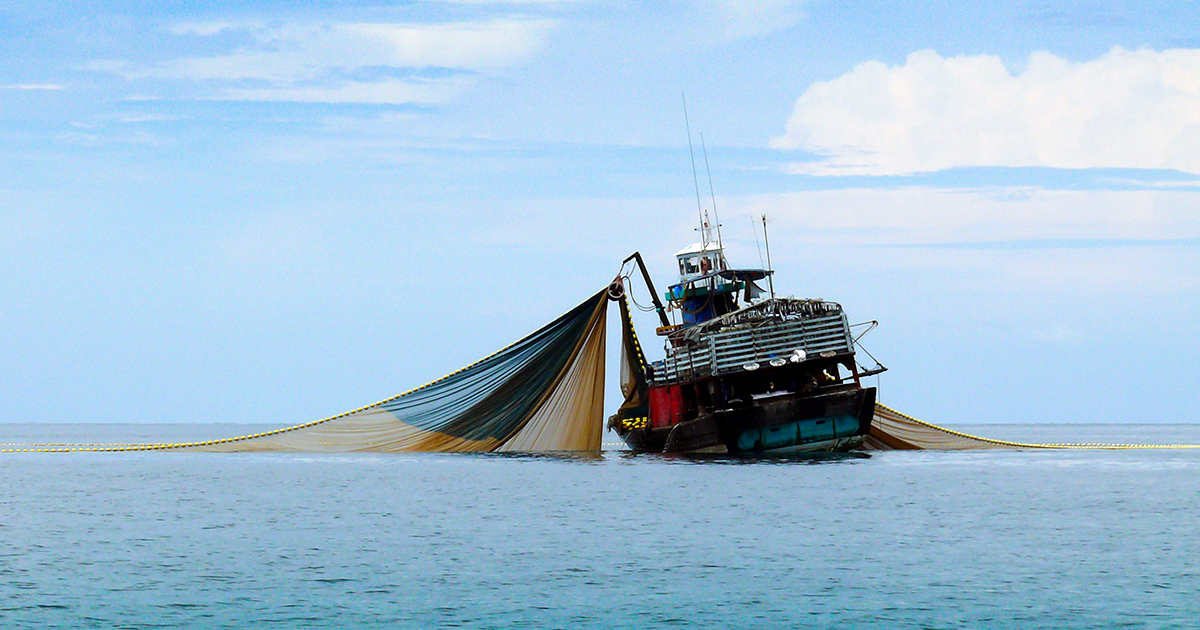For those readers who are new to such concepts, ‘Blue Economy’ is the sustainable use of ocean resources to meet human needs and to deliver benefits for future generations. This approach presents us with a new way of looking at the ocean, and it is often seen as a revolution in our way of thinking and acting on the ocean economy in order to ensure that ocean life, land, coastal communities and people are healthy, prosperous and secure. This is because the Blue Economy can be seen as a comprehensive approach to oceans management that integrates economic activity with the protection of biodiversity, ecosystems services and human well-being.
The Future of Sustainable Fisheries and Aquaculture
I am sure that most of our readers are well aware of the negative effects of overfishing. This is being brought about by the effects of increased fishing and pollution, both of which are reducing natural fish stocks and creating a wide range of problems for the fishing industry, the environment, and to future generations. It is now hard to find abundant local fish in most of our food stores, and prices have increased significantly. As a result, we are seeing an increase in imports from other countries. However, this is not a sustainable solution and will lead to problems down the road.
Climate change is a threat to the Blue Economy
Climate change is a global problem that we are facing today. It is not just about the melting of glaciers, extreme weather and rising sea levels. The Blue Economy is also at risk, because climate change impacts are having a detrimental impact on marine life, as well as on fisheries and aquaculture industries. A decline in fisheries is also produced in view of the fact that fish tend to migrate from their natural habitats due to changes in temperature. Because of this, many animal species are migrating north as their habitats disappear. Concurrently, alien fish species are finding their way into new territories and are competing with native species.
Oceans as a Resource for Economic Growth and Jobs
The oceans are the world's largest source of protein and offer a wide range of economic benefits. According to the Organisation for Economic Co-operation and Development (OECD), around 40% of the global population live along the coast, while fisheries and aquaculture assure the livelihoods of more than 10% of the world’s population.The oceans provide food, energy and minerals for millions of people and support the livelihoods of millions more. They also provide jobs in the ocean sector - from fishing to tourism to offshore oil and gas exploration. By 2030, OECD forecasts that the ocean economy reaches a global value added of $3 trillion, during which ocean industries are anticipated to employ approximately 40 million full-time equivalent jobs. The largest employers will be industrial capture fisheries (30%) followed by maritime and coastal tourism (25%).
It is therefore imperative that in order to continue sustain this growth we need to make sure that our oceans are healthy enough for people, businesses, and ecosystems to thrive.What are the Challenges in Maintaining a Sustainable Blue Economy?
In order to maintain a sustainable Blue Economy, we need to be aware of the challenges that are present in the environment. The first challenge is ocean resource depletion, followed by improved fishery management regulations. We need to make sure that there are enough fish for future generations by regulating fishing practices. The third challenge is the need for safe fishing practices. This means that we should be careful of the kind of practices that are being used since these can be highly damaging to the environment or even dangerous to the entire fishing economy.Charles Galdies PhD is a professor of Earth Systems Science at the University of Malta. He can be contacted at cgaldies@gmail.com.

